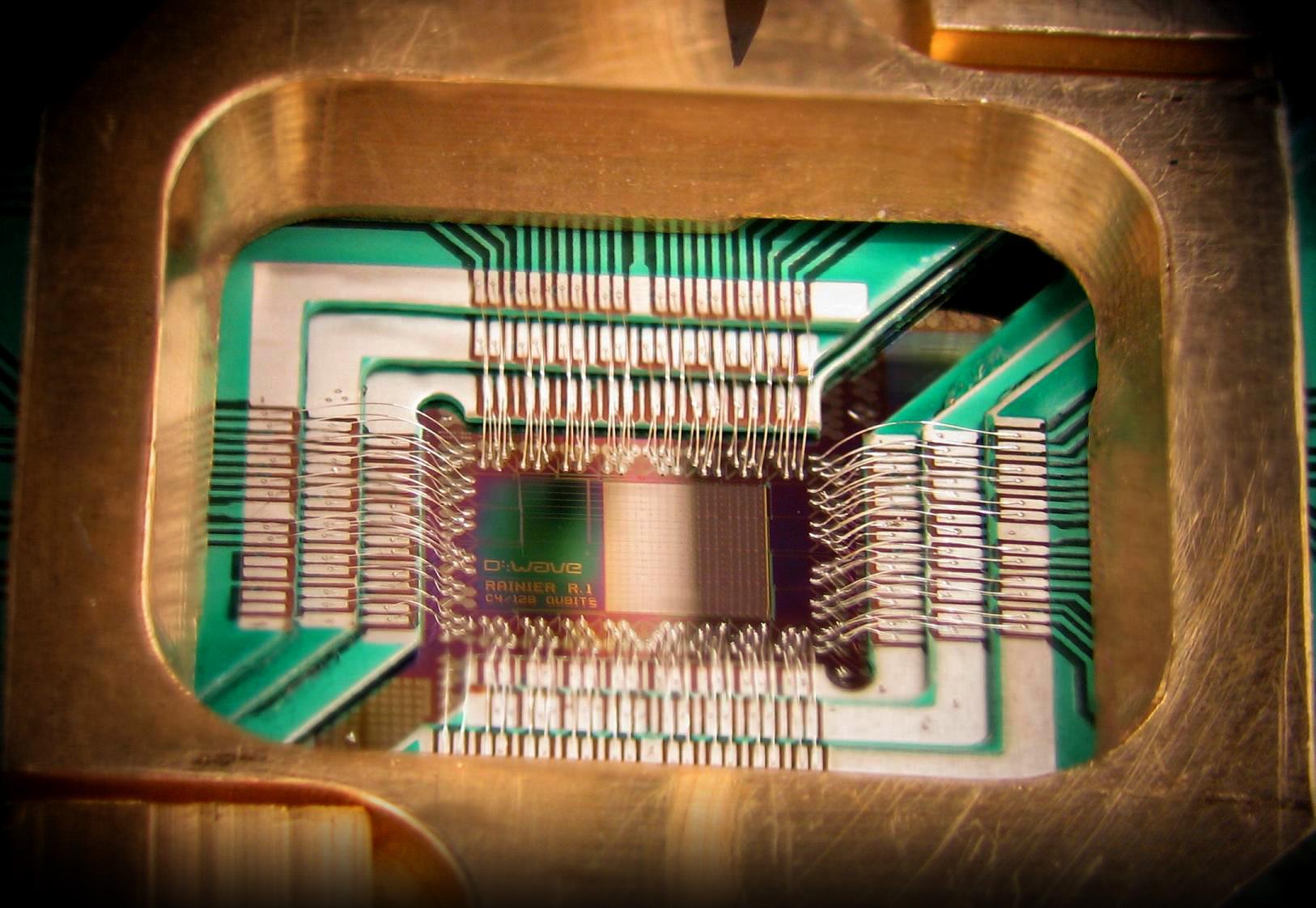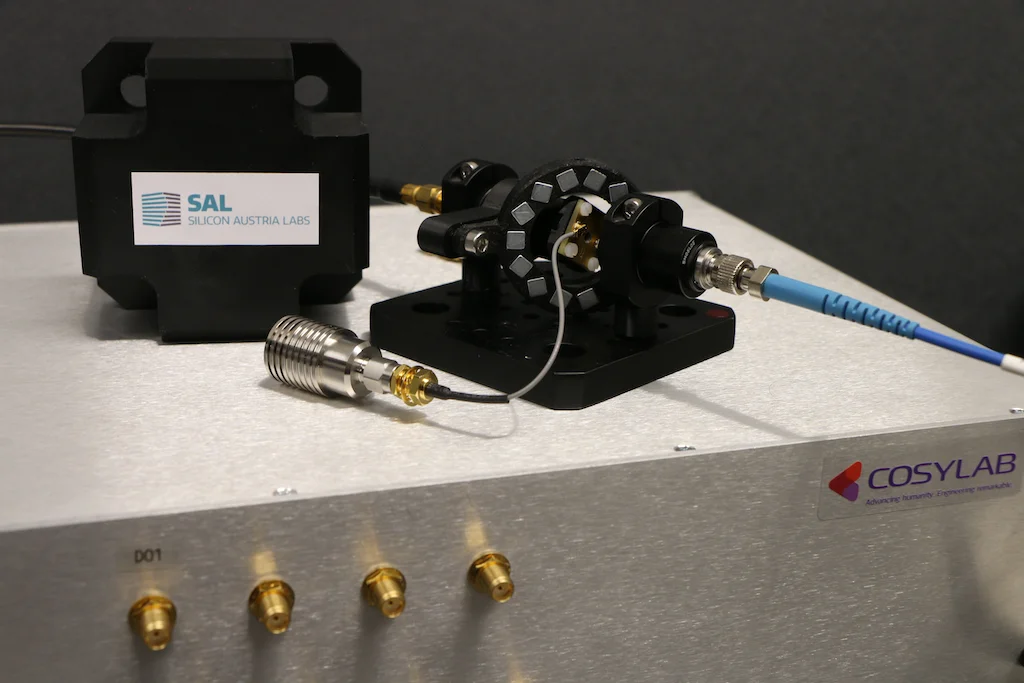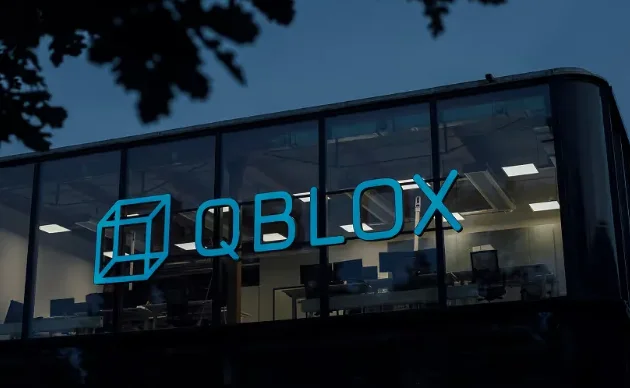A leading quantum physicists said that while the future of quantum computing is not perfectly in sight, the path ahead is clearing up.
In a keynote presentation at the Q2B (Quantum for Business) conference, John Preskill, Richard P. Feynman Professor of Theoretical Physics at the California Institute of Technology, suggested that the path ahead after quantum supremacy should lead to quantum computers with more qubits and with better — and cheaper — error correction.
Preskill, who is also the Director of the Institute for Quantum Information and Matter at Caltech, added that this should lead to practical applications for quantum computers. He referenced a recent experiment by researchers from Google, who said that a quantum computer significantly outperformed a calculation on a problem.
Specifically, he predicts four major achievements after quantum supremacy.

- Real-world applications.
- Dramatically extended qubit lifetimes using quantum error correction.
- Significant improvements in 2-qubit gate fidelity.
- In various platforms:more qubits, better gates.
Currently, the quantum computing field is in the NISQ (Noisy Intermediate-Scale Quantum) era. Current quantum computers rely on 50 to 100 qubits that still are burdened with considerable noise. For quantum computers, noise — or various interference from the environment — can interfere with qubits ability to computer, requiring error-correction technology to arrive at better answers.
For Preskill, although NISQ computers may have uses in better understanding physics and some other practical applications. The devices also show just how powerful quantum resources could be if they can be fully tapped. However, Preskill points out that NISQ should not be considered the end. It is a transition phase.
“NISQ will not change the world by itself.”
His presentation points out that, “NISQ will not change the world by itself. Rather it is a step toward more powerful quantum technologies of the future.”
Practical quantum computers could lead to dramatically better machine learning and better simulations of physical properties, especially in materials and chemistry. Quantum computers are also good at studying — you guessed it — quantum processes.
“Classical computers are especially bad at simulating quantum dynamics—predicting how highly entangled quantum states change with time,” he noted. “Quantum computers will have a big advantage in this arena. Physicists hope for noteworthy advances in quantum dynamics during the NISQ era.”
He suggests developers keep a few things in mind. While error correction ideally wants to stomp out errors completely, Preskill said that near-term algorithms should be designed with noise resilience in mind.
Preskill added that lower quantum gate error rates will lower the overhead cost of quantum error correction, and also extend the reach of quantum algorithms which do not use error correction.
“Progress toward fault-tolerant QC must continue to be a high priority for quantum technologists.”
While we are entering this new era of quantum computing, Preskill advises against hype. There are still significant challenges ahead and a lot more work that needs to be done to better understand how to fully tap the power of quantum computation. Quantum computing will be a marathon, not a sprint.
“NISQ will not change the world by itself,” Preskill reiterated. “Realistically, the goal for near-term quantum platforms should be to pave the way for bigger payoffs using future devices. Progress toward fault-tolerant QC must continue to be a high priority for quantum technologists.”















